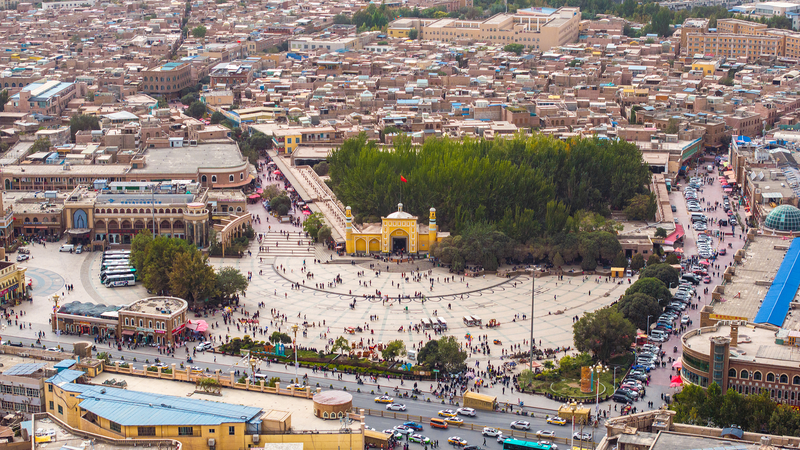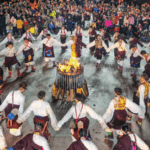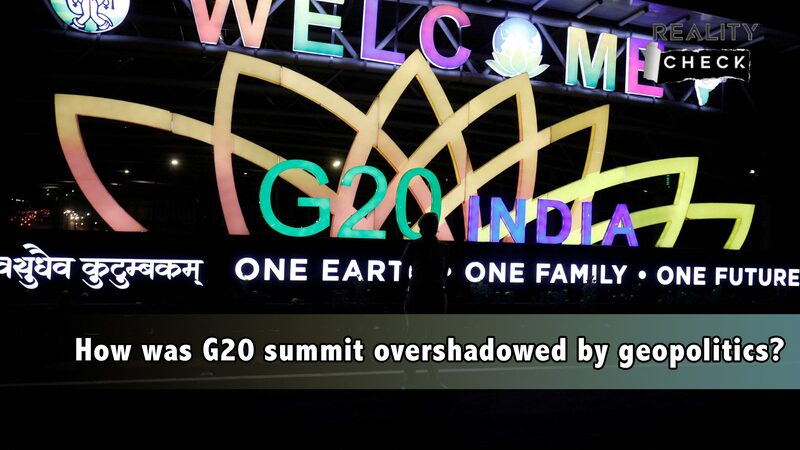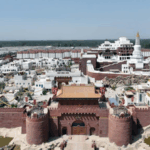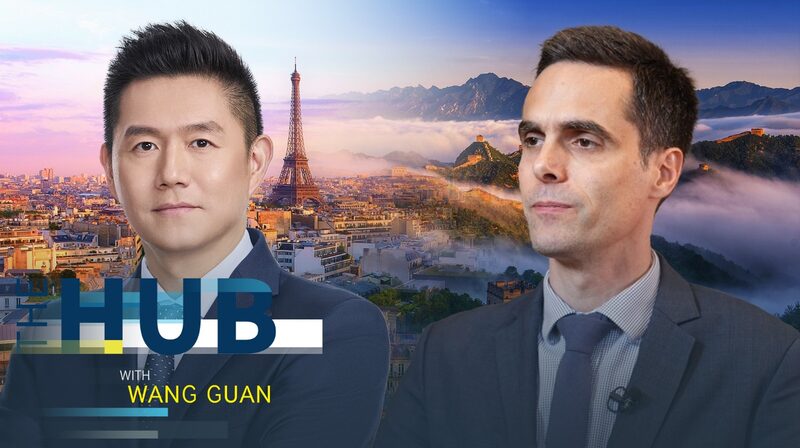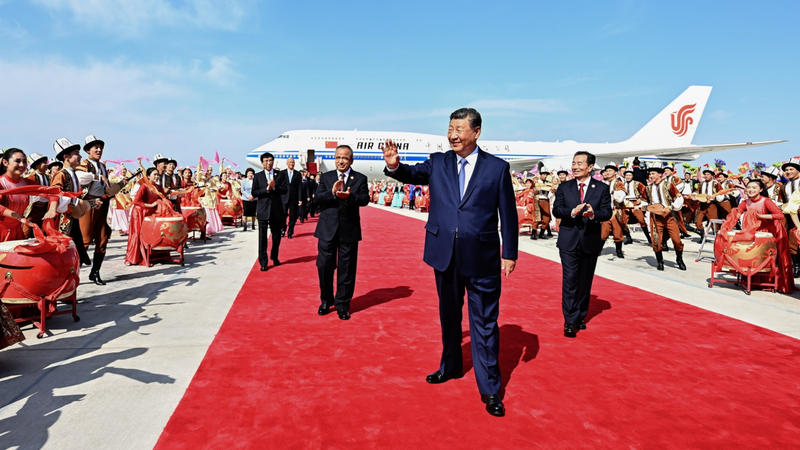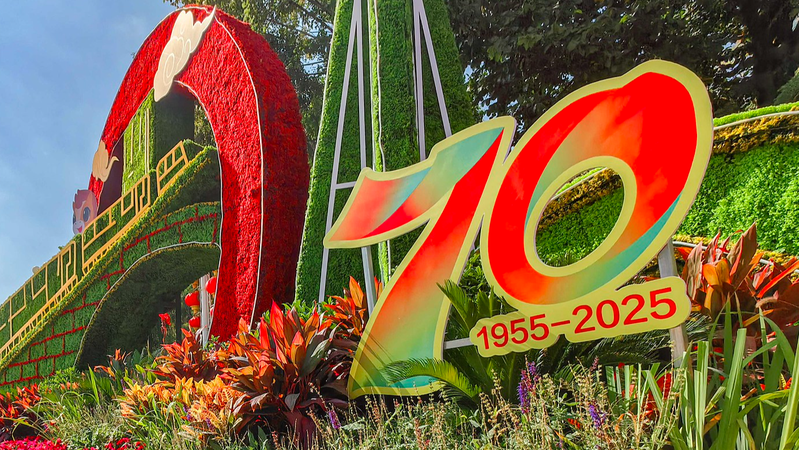As the Xinjiang Uygur Autonomous Region marks its 70th anniversary, the interplay of cultural heritage, security priorities, and economic development offers a nuanced narrative often overshadowed by geopolitical debates. A recent visit to Urumqi reveals a region undergoing rapid modernization while maintaining visible ties to its Uygur Islamic roots.
Modern infrastructure – from high-speed rail networks to sprawling markets – underscores Xinjiang’s strategic role in China’s westward development strategy. Uygur script remains prominent alongside Mandarin in public spaces, while over 24,000 active religious venues, including mosques and Buddhist temples, dot the landscape. At the Islamic Institute of Xinjiang, students study Arabic and jurisprudence alongside civic education, aspiring to become religious teachers within state-approved frameworks.
Government officials emphasize poverty reduction and counterterrorism measures following periods of unrest between 1990-2015. Official data shows per capita disposable income rising 7.9% annually since 2017, with poverty rates dropping from 19.4% to 6.1% in the past decade. Security cameras – ubiquitous as in other Chinese cities – coexist with bustling halal restaurants and Friday prayer gatherings.
While international critics question religious freedom limits, local residents interviewed described thriving cultural practices. Mid-Autumn Festival celebrations and Eid al-Fitr observances continue alongside new vocational training centers. The region’s 13 ethnic minority groups maintain language education systems and traditional craft industries supported through tourism initiatives.
As Xinjiang positions itself as a central hub for China-Eurasia trade, its evolving identity reflects both modern state-building priorities and enduring cultural resilience. With $23.6 billion in cross-border trade in 2022 and growing renewable energy investments, the region’s economic trajectory remains closely tied to national development goals.
Reference(s):
Xinjiang at 70: A balanced look at faith, stability and progress
cgtn.com
